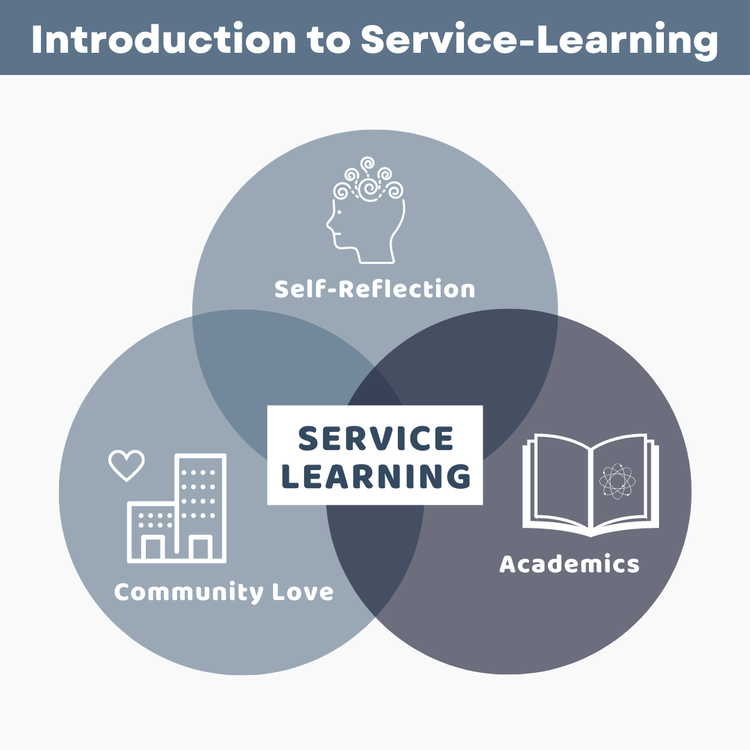






Service-Leadership
Service Leadership is a management style and a process that prioritizes the greater good over individual interests. Nonprofit Service Leaders serve employees, program participants and the community with humility, intention and care. When considering service leadership the goal is to understand service as a leadership model and discuss its significance, characteristics and role in nonprofit management.
What distinguishes service leadership from other leadership models is the connection to community and commitment to developing others holistically. It’s a compassionate approach to management that results in high morale, increased engagement, strong ethical standards for the organization, and the development of future leaders.
Service Leaders are empathetic, persuasive, big-picture thinkers with a high degree of emotional intelligence, and they are active and curious listeners who are open to feedback. Building relationships through service leadership takes time and leaders have to find the balance between reaching business goals and objectives that serve the whole community.
Service Leaders are:
humble and know how to quiet the ego
active and curious listeners
empathic relationship builders
focused on building others up
emotionally intelligent
persuasive communicators
big picture strategic thinkers
open to feedback
patient with the pace of progress
able to balance business goals and community objectives











